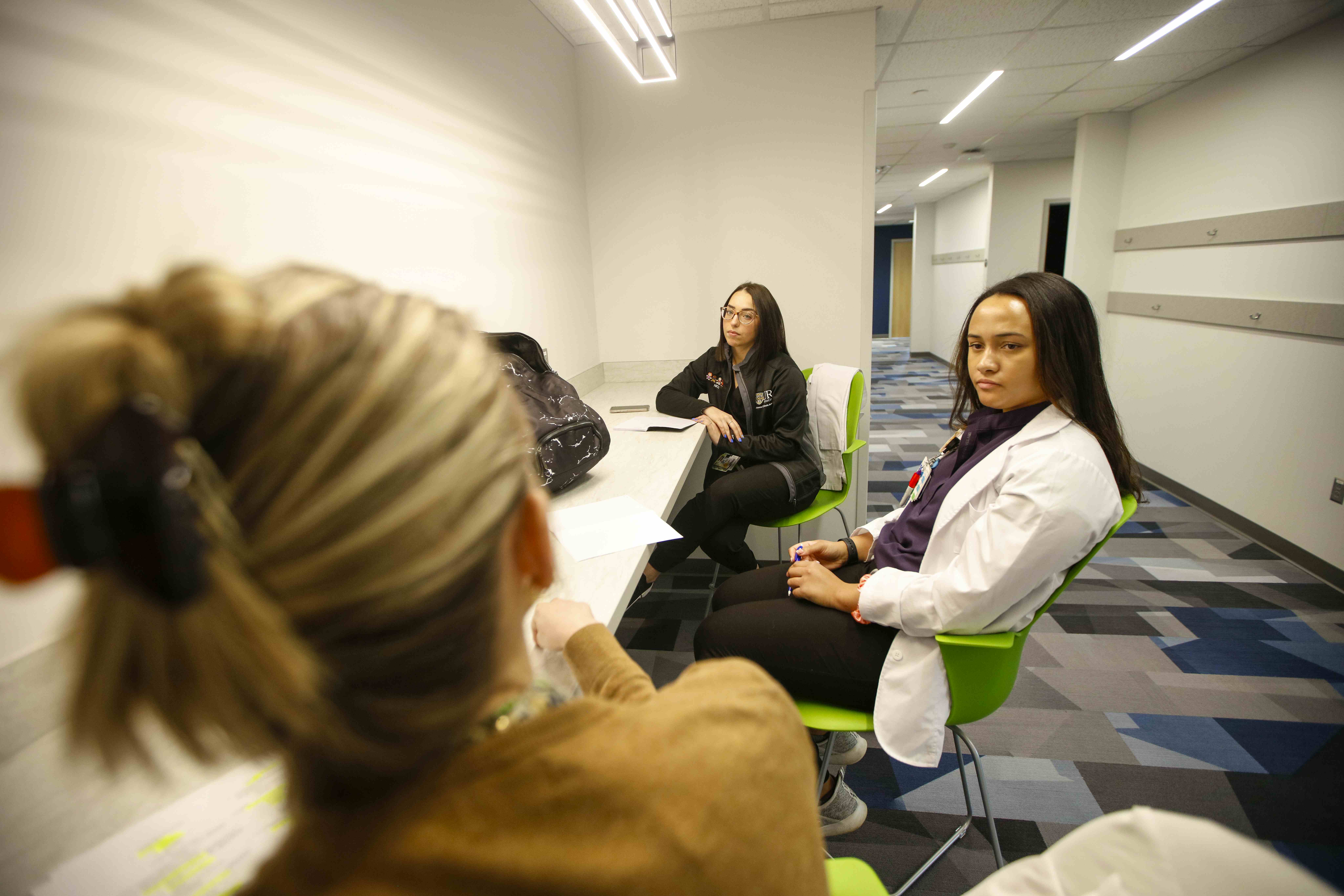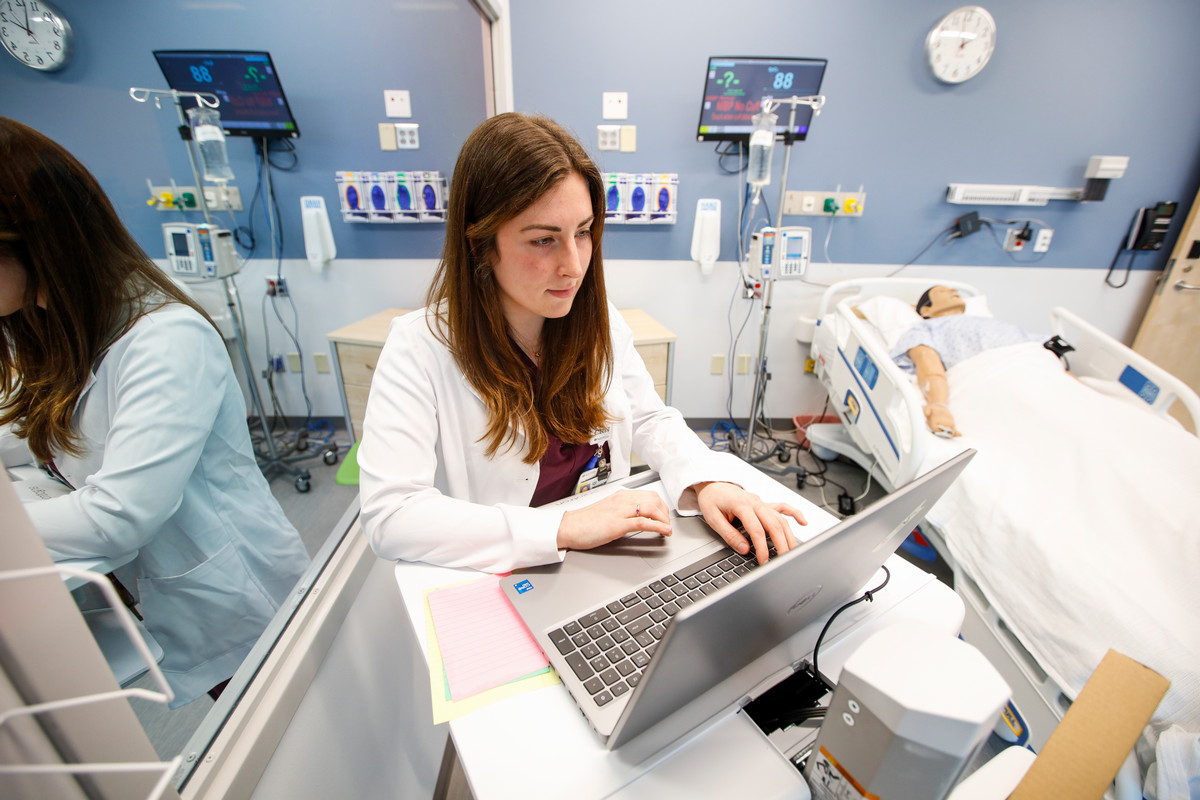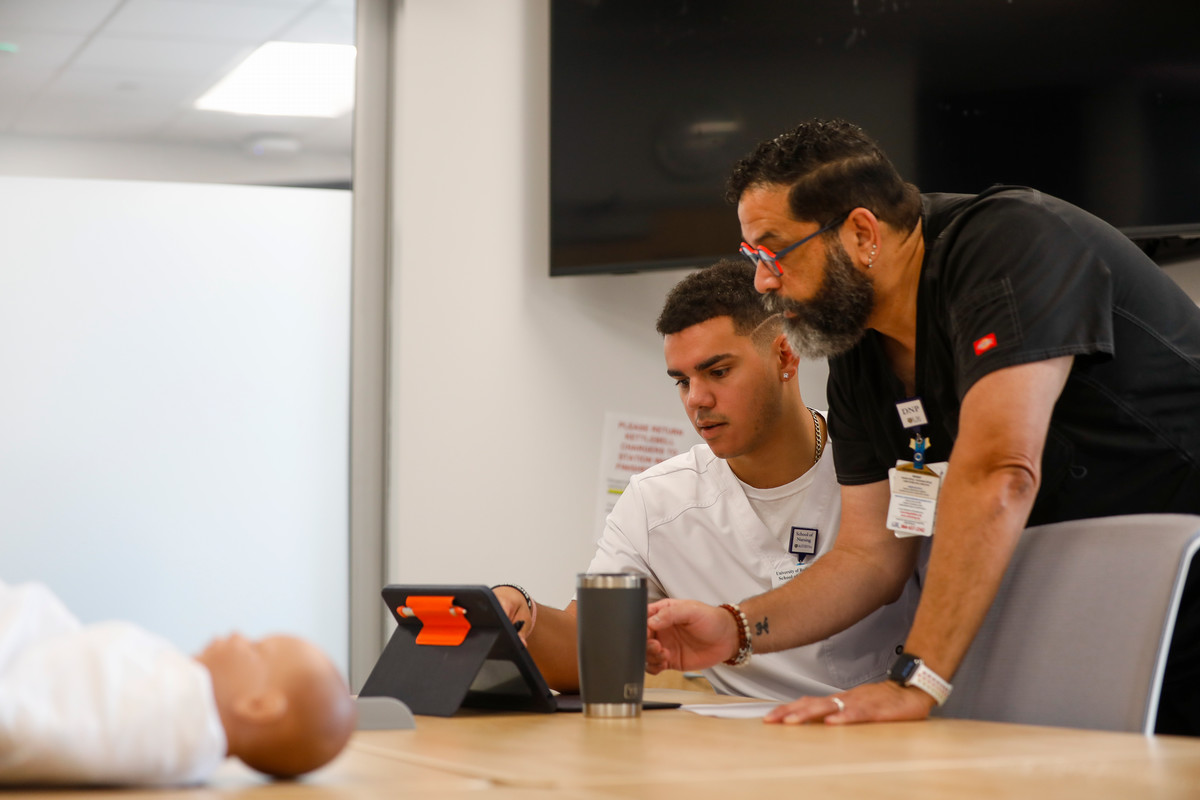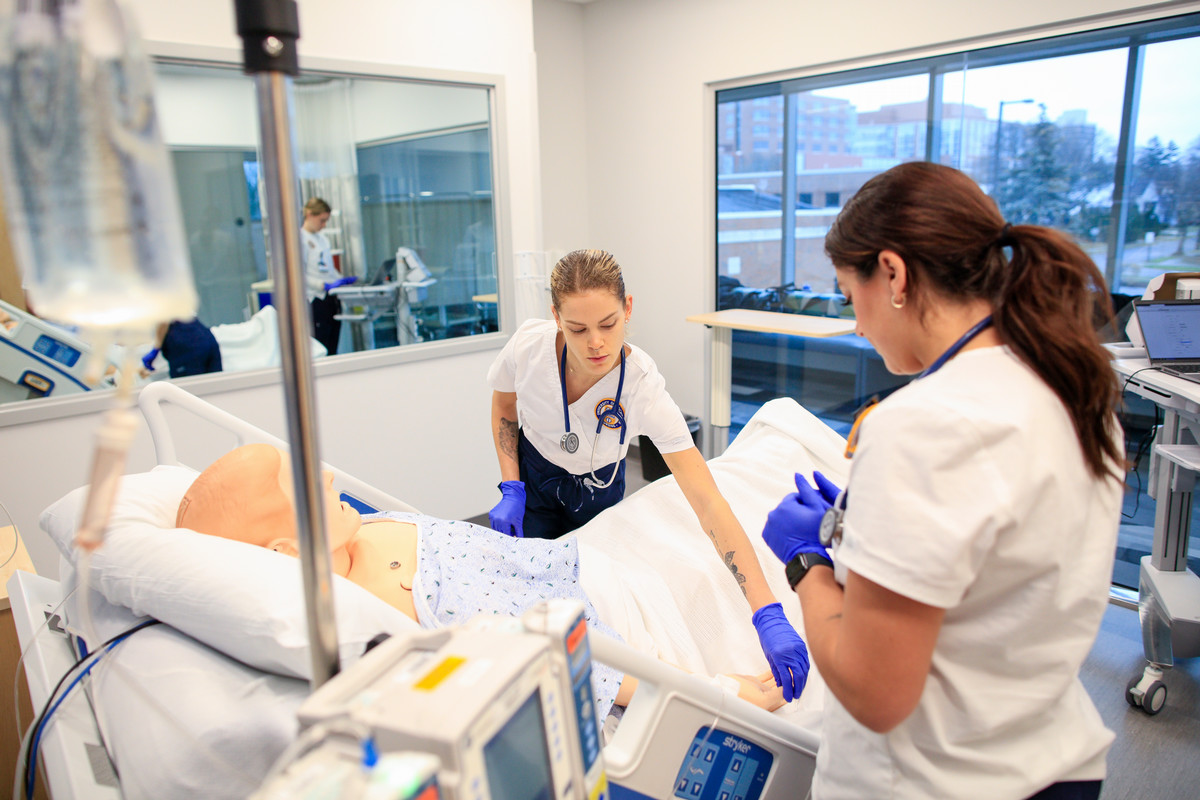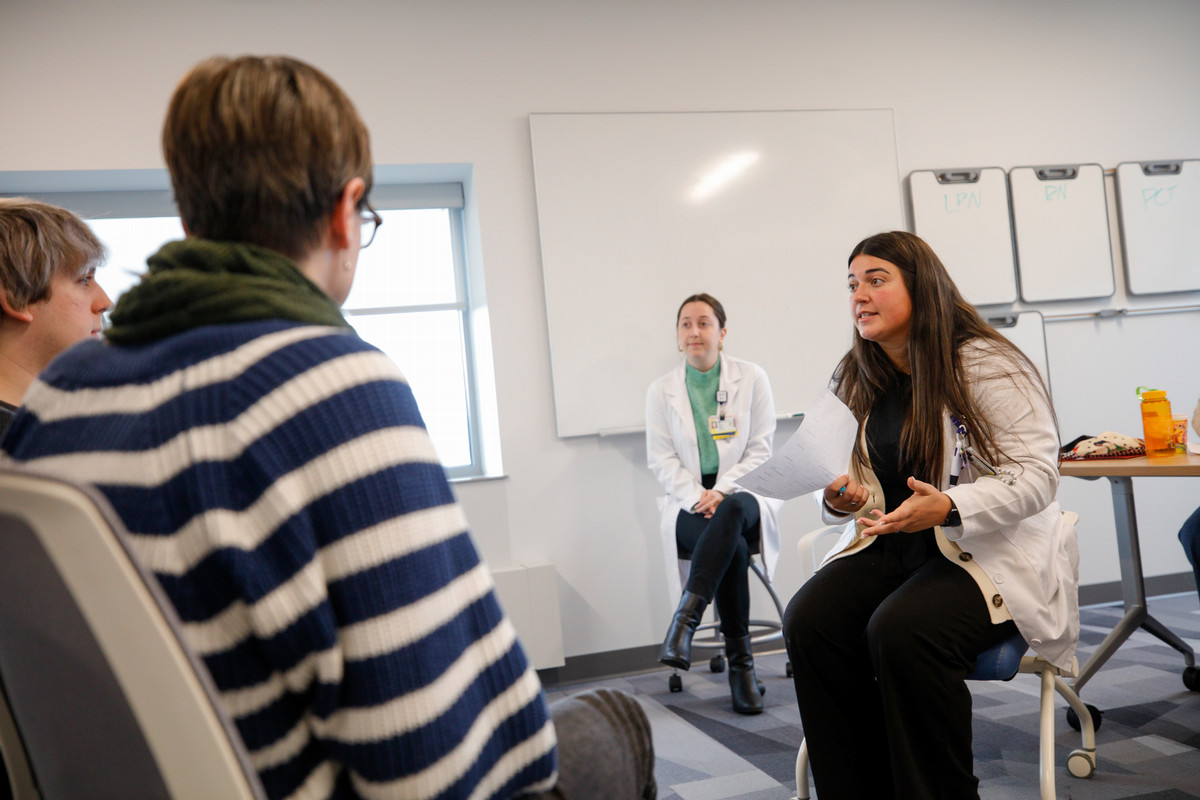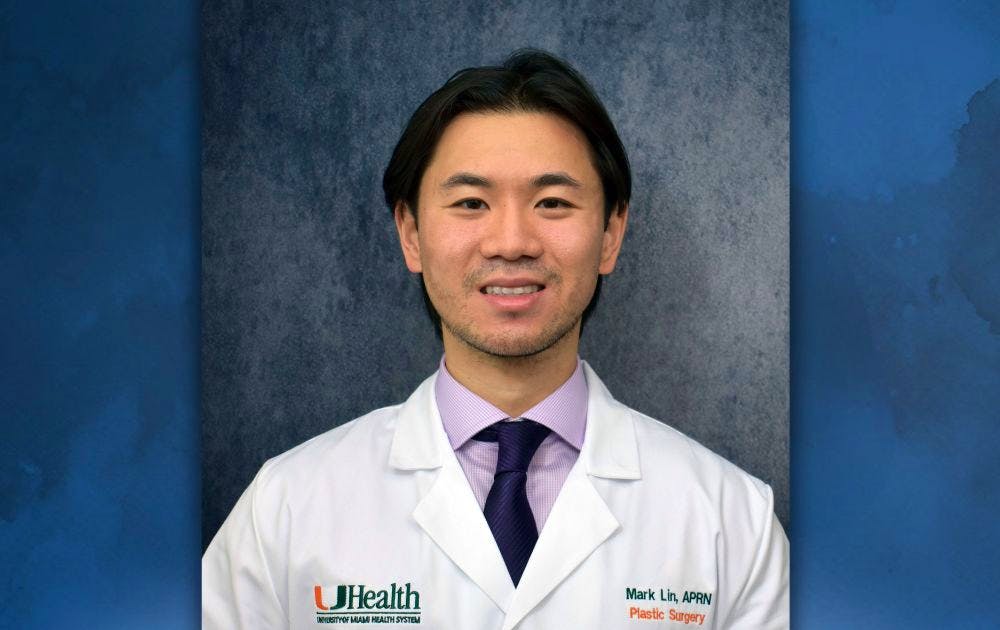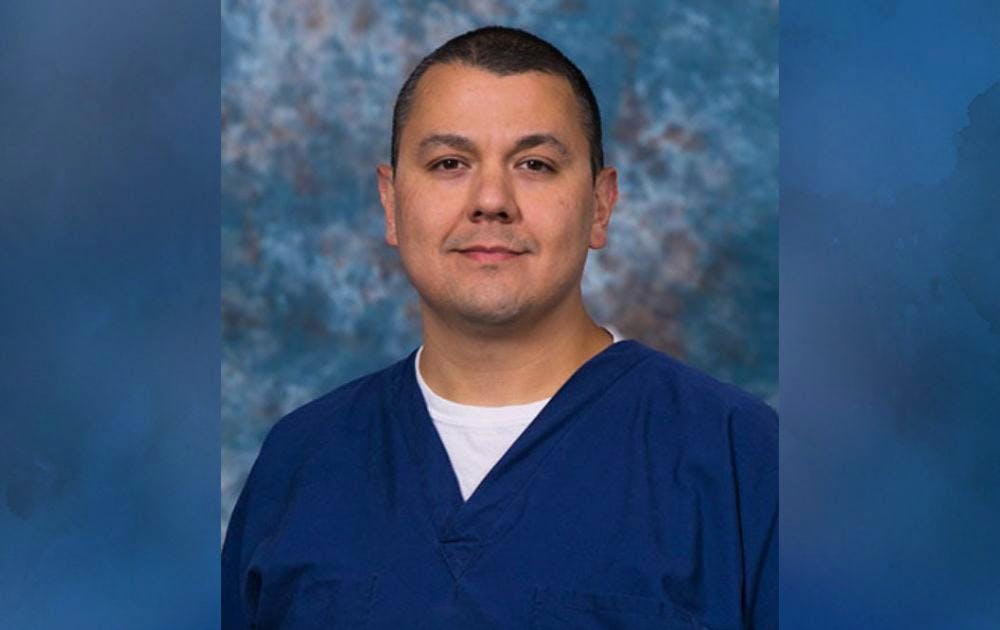Ready to begin your nursing journey? The University of Rochester School of Nursing's Master's Direct Entry into Nursing Practice (MDE) program offers an innovative path to RN licensure plus master's-level preparation—designed specifically for college graduates with non-nursing bachelor's degrees.
Program length
16 months
Earn your Master of Science in Nursing degree and be prepared to take the NCLEX-RN exam for licensure
Program format
Full-time, on-site
Complete in-person and online coursework, with on-campus clinicals and labsApplication deadline
March 1
For fall entry


